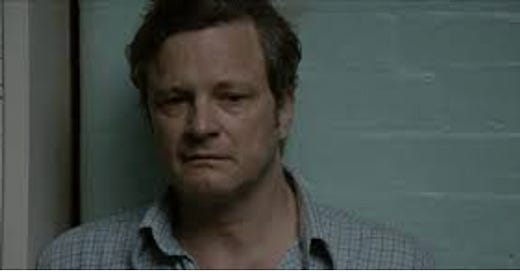Recently I wrote about an intriguing assassination in Berlin’s Kleiner Tiergarten that strikes me as the sort of incident that one might find in a John le Carré novel. A new Cold War is on between Russia and the United States (and its NATO vassals). Will it inaugurate a new era of spy novels?
While the Russians are apparently still capable of creating fascinating villains who could inspire a character like le Carré’s spymaster Karla, it’s hard to imagine what sort of character would fit the contemporary American and British Zeitgeist. James Bond was a great character, but his hard drinking machismo is an unsuitable trait for a contemporary hero. Indeed, I’ve long suspected that being in Her Majesty’s Secret Service was a mere plot device for what Ian Fleming was truly interested in writing about—namely, the adventures of an international womanizer. Likewise, Clancy’s Jack Ryan—a former Marine and stockbroker with a Jesuit education—seems too much of a “traditional cis white male” to appeal to today’s sensibilities.
So, what sort of character would work in our hypothetical new era of spy novels? The question strikes me as formidably difficult to answer, given how much popular culture and sensibilities have changed since Fleming, le Carré, and Clancy grew up. Last night I went to bed pondering the question and woke up with two ideas.
My first candidate is modeled after a black jazz pianist I met at a hotel bar in Waikiki a few years ago. If my memory serves, he’d done service in the U.S. Navy and been stationed on Okinawa, where’d he’d met and married a Japanese woman. He was a marvelous pianist—could play Gershwin songs with real feeling—and he had a beautiful voice. At the same time, there was something deeply masculine about him. I can imagine him being stationed in any city in the world that has a luxury hotel piano bar. And though he was too much of a gentleman of the old school to identity himself primarily by his skin color (as distinct from his mind and personality), his skin did have a dark color, which conferred upon him the requisite cachet for our new arbiters of taste.
My other candidate for our strange new era of Cold War spy novels is, as I imagine him, an elegant and sophisticated gay assassin. With his extremely good looks and social ability, he is welcome in the most rarified cosmopolitan circles, and no one takes him for an ice cold assassin until it’s too late.
The trouble with my two hypothetical characters is that—as I am naturally inclined to imagine them—both would struggle to feel any allegiance to today’s U.S. or British governments or the people who work in them. Lately it’s become so difficult to understand what Langley and Vauxhall stand for. And if an old Italian friend who lives in Moscow is to be believed, the Russians now seem far more interested than the West in preserving Western Civilization. Thus, like Bill Haydon in le Carré’s Tinker, Tailor, Solider, Spy, both might be tempted to work for the other side. As Haydon tells George Smiley, “I had to pick a side, George. And the West has become so very ugly.”






Fleming's SPECTRE is today's WEF. So in today's world, British Intelligence and the CIA work for SPECTRE. SPECTRE believes that nation states are a thing of the past, and that nations and everything in them, especially minds, must be controlled by evil billionaires that hate human life. If Bond were tortured as he was in Casino Royale, it would be Klaus Schwab breaking his balls, while Bill Gates injects him with spike protein, and Yuval Noah Harari explains that testicles are no longer needed in a post-human world.
"I had to pick a side, George. And the West has become so very ugly". How is it, that so very many people still haven't noticed this.